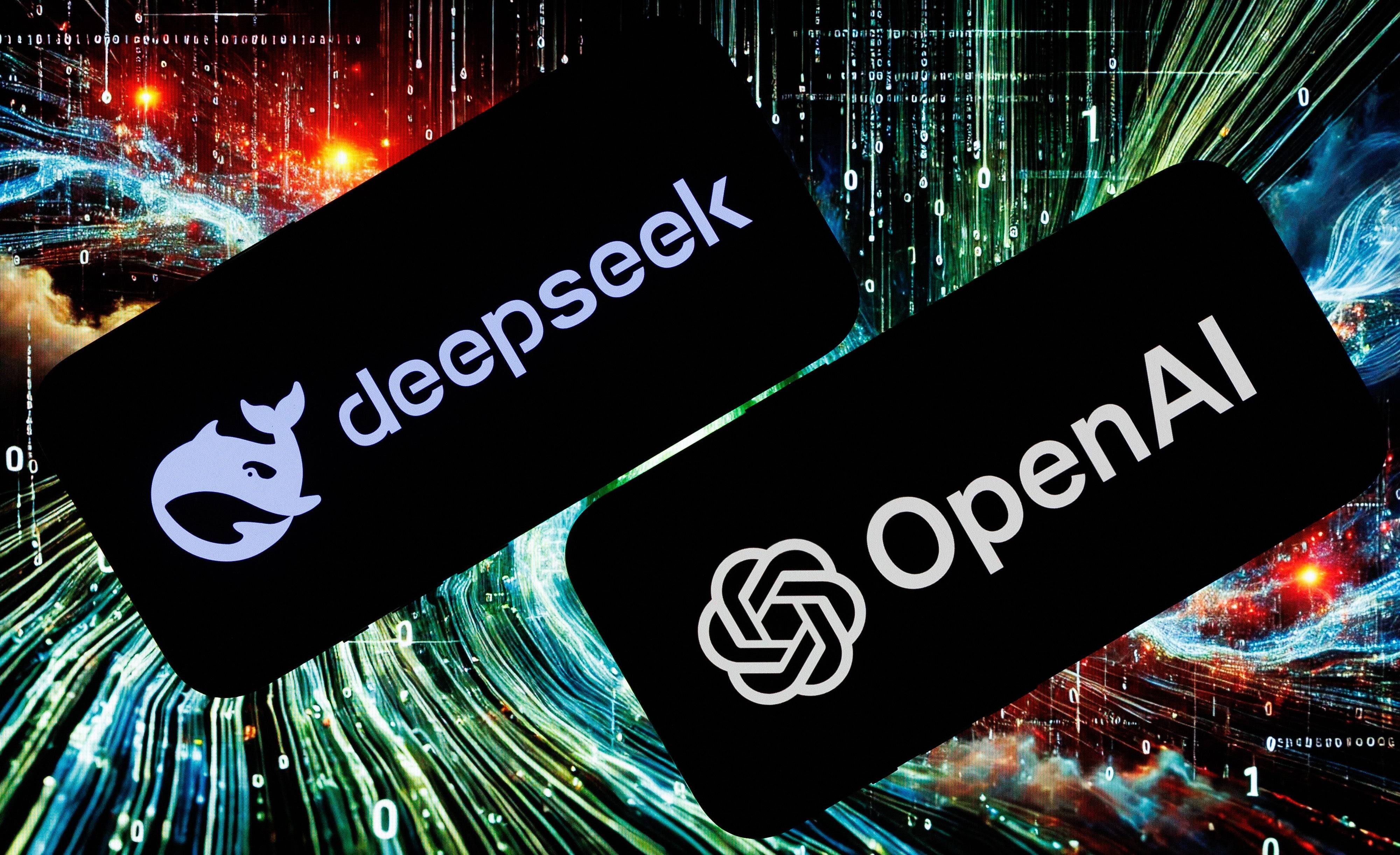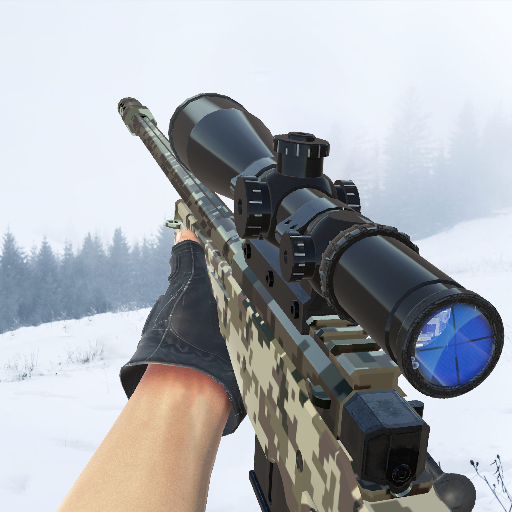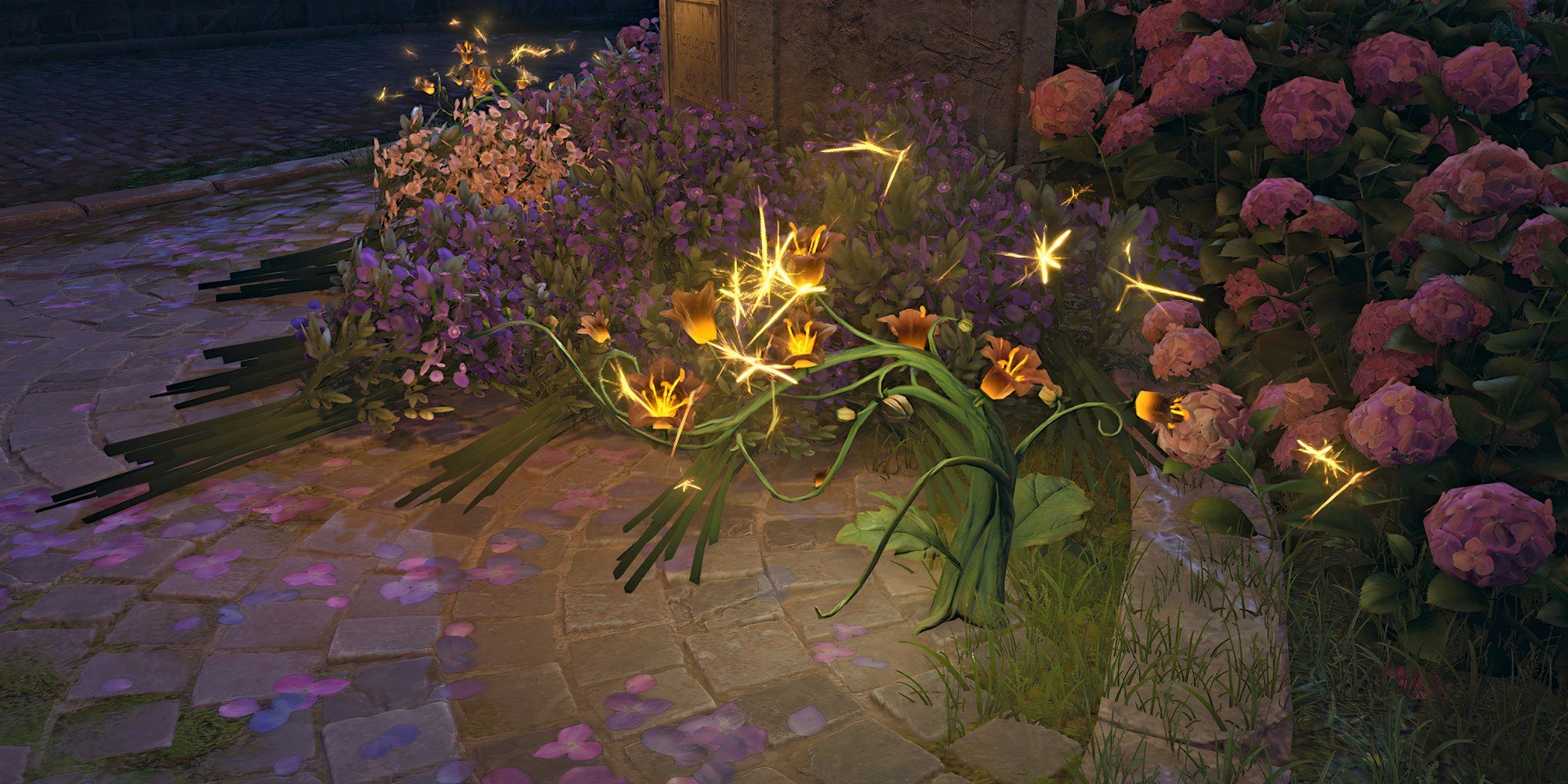The emergence of DeepSeek AI, a Chinese-developed artificial intelligence model, has sparked significant controversy and concern within the U.S. tech industry. Suspicions have arisen that DeepSeek utilized data from OpenAI, the creators of ChatGPT, to train its own models. This has led to a sharp decline in the stock values of major AI companies, with Nvidia experiencing the most substantial loss in Wall Street history, plummeting 16.86% after losing nearly $600 billion in market value. Other tech giants like Microsoft, Meta Platforms, and Google's parent company Alphabet also saw their stocks fall between 2.1% and 4.2%, while AI server maker Dell Technologies dropped by 8.7%.
DeepSeek's R1 model, built on the open-source DeepSeek-V3, claims to be a more cost-effective alternative to Western AI models, reportedly requiring significantly less computing power and having been trained for just $6 million. Despite some disputes over these claims, DeepSeek's rise has prompted investors to question the hefty investments American tech companies are making in AI, leading to a notable impact on stock markets.
In response to these developments, OpenAI and Microsoft are investigating whether DeepSeek used OpenAI's API to integrate its models, a practice known as distillation, which violates OpenAI's terms of service. OpenAI has emphasized its efforts to protect its intellectual property and is working closely with the U.S. government to safeguard its technology from competitors and adversaries.
Former President Donald Trump and his AI czar, David Sacks, have labeled DeepSeek as a "wake-up call" for the U.S. tech industry, highlighting the potential misuse of American AI technology. Sacks suggested that leading AI companies would soon take steps to prevent such distillation practices.
The irony of OpenAI's situation has not been lost on observers, given that the company itself has been accused of using copyrighted material from the internet to train its ChatGPT model. In January 2024, OpenAI admitted that it was "impossible" to create AI tools like ChatGPT without copyrighted material, as stated in a submission to the UK's House of Lords communications and digital select committee. This stance has fueled debates over the ethics and legality of training AI on copyrighted works, especially as generative AI continues to grow.
Recent lawsuits, such as the one filed by The New York Times against OpenAI and Microsoft in December 2023 for the "unlawful use" of its work, and another by 17 authors including George R. R. Martin in September 2023, highlight the contentious nature of AI training data. OpenAI has defended its practices as "fair use," asserting that it supports journalism and partners with news organizations.
Additionally, a 2018 ruling by the U.S. Copyright Office, upheld in August 2023 by District Judge Beryl Howell, stated that AI-generated art cannot be copyrighted, emphasizing the necessity of human creativity in copyright protection.


 Latest Downloads
Latest Downloads
 Downlaod
Downlaod




 Top News
Top News








